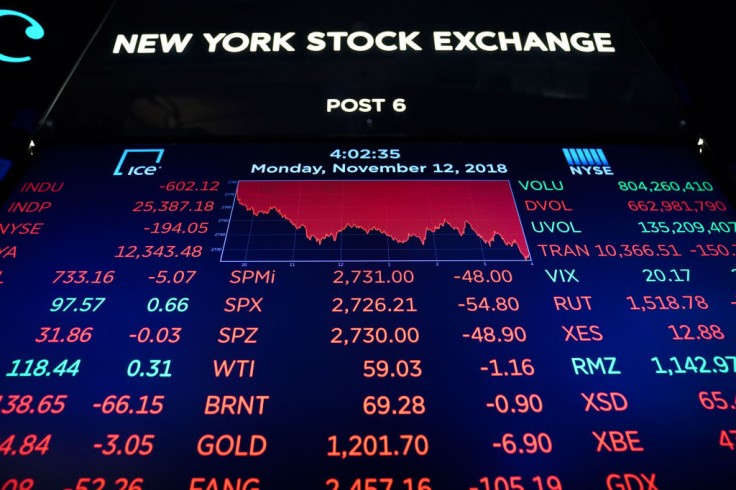The increased cyberattacks on financial sectors in the US threatens economic instability to the country amid massive losses and data breaches, according to the International Monetary Fund.
The United Nations-backed financial agency highlighted the sectors' lack of data on previous cyberattacks, allowing threat actors to repeatedly launch attacks on the major companies with the same method.

This coincides with a recent study from the AAG IT Services, stating that only 50% of US organizations and companies "have cyber insurance with full cover."
According to the IMF, the size of financial losses from these attacks has ballooned to four times its size since 2017 to $2.5 billion.
This does not include the reputational damage, security upgrades, and operation losses companies have suffered in the ensuing chaos. Banks are noted to be the most prone to these attacks, followed by asset managers and then insurers.
IMF Warns of Ramp Up in Digital Transitions
It did not help that more companies and businesses have started moving towards more digital-oriented operations despite the weak cybersecurity risk assessment within corporations.
If the trend continues to grow into a systemic problem, the IMF predicted that the incidents could "lead to market selloffs or runs on banks."
The IMF recommended "public intervention" in private business sectors to improve cybersecurity policy frameworks and the "cyber hygiene of firms."
Global Financial Sectors Suffer from Rampant Cybercrimes
The global financial stability report from the IMF marks the first time the organization fully analyzed the implications of cyberattacks in the global business sector as cyber threats continue to grow.
One thing noticed from the rampant cybercrime campaigns is the increasing integration of AI into operations, allowing hackers to automate their attacks at a breakneck speed.
The same goes for phishing scams, which even now can lure many victims, through generative AI for fake emails, authorization, and even likeness through deepfakes.
So far, US agencies responsible for cybercrime prevention have also employed the use of AI to clamp down on cyberattacks while legislative bodies move to heighten guardrails on AI firms' technologies away from abuse.









